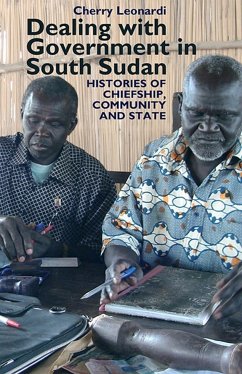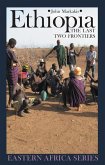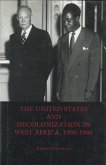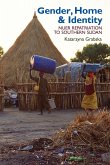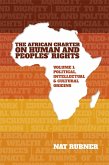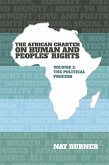South Sudan became Africa's newest nation in 2011, following decades of armed conflict. Chiefs - or 'traditional authorities' - became a particular focus of attention during the international relief effort and post-war reconstruction and state-building. But 'traditional' authority in South Sudan has often been misunderstood to be a timeless or 'non-state' institution. This book argues for the mutual constitution of chiefship and the state since the mid-nineteenth century. By examining the long-term history of chiefship in the vicinity of three towns, it argues for a new approach to the history of urbanisation and local state formation in South Sudan. It also addresses a significant paradox in African studies more widely: if chiefs were the product of colonial states, why have they survived or revived in recent decades?
Bitte wählen Sie Ihr Anliegen aus.
Rechnungen
Retourenschein anfordern
Bestellstatus
Storno

